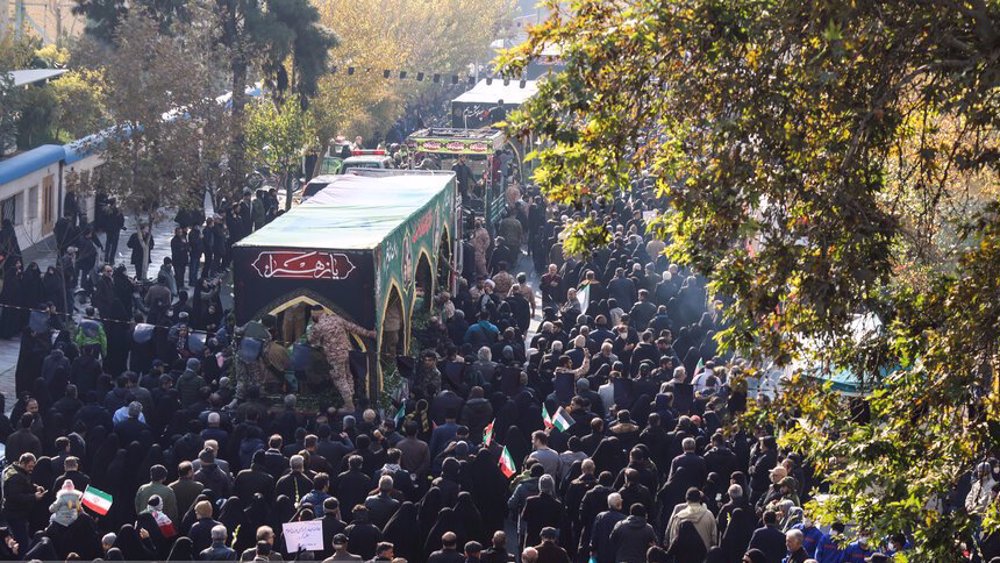Iranian scientists clone mouflon with sheep as surrogate mother
Following years of experiments on interspecies cloning, Iranian scientists have successfully cloned a mouflon, an endangered species of the wild sheep, using a domestic sheep as a surrogate mother.
Researchers at Iran’s Royan Institute for Reproductive Biomedicine, Stem Cell Biology and Technology have managed to conceive a surrogate domestic sheep with an embryo of a wild Isfahan mouflon, the ISNA news agency reported on Tuesday.
The two-week-old baby mouflon, which has been named Maral, is quite healthy and currently kept in a Royan farm.
“The motivation for the project was the conservation of an endangered species,” said Mohammad Hossein Nasr-Esfahani, the head of the biomedical research center of Royan, adding that the conservation of wildlife is an important concept in developing countries.
According to Nasr-Esfahani, researchers at Royan first took some cells from a wild Isfahan mouflon -- or ovis orientalis isphahanica -- through biopsy, inserted the cells into the unfertilized eggs of a domestic sheep, and then the best newly-formed embryos were transferred to the womb of the surrogate sheep.
Since all the genetic data of the species are kept in the nucleus of the cell, the unfertilized egg or the womb of the surrogate animal do not have any effect on the identity of the embryo, the researcher noted, adding that successful steps have also been taken to clone the highly endangered Iranian Cheetah.
Established in 1991, Royan has been a pioneer of In Vitro Fertilization (IVF) in Iran and its first cloned animal, the first cloned sheep in the Middle East, was born in 2006.
“Among Asian countries, Iran ranks fourth in cloning animals after South Korea, Japan, and China,” Nasr-Esfahani added.
Poaching has driven the Isfahan mouflon close to extinction, and cloning may be one of the only ways to conserve the mouflon and other endangered animals in the species-rich Iran.
VIDEO | Iran-Syria: For Resistance
Qassam Brigades claims killing 3 Israeli troops in northern Gaza
More alive than ever: Sayyed Hassan Nasrallah's legacy grows stronger in martyrdom
Occupation of Syria’s highest peak Mount Hermon part of ‘Greater Israel’ project
Iran: Syrian people will decide their future without foreign interference
IRGC says Iran’s power exceeds borders, warns enemies to adjust themselves
Dozens detained, several wounded in Israeli raids in West Bank
‘Ethnic cleansing’: Hamas blasts Israeli attacks on Gaza hospital amid intl. silence










 This makes it easy to access the Press TV website
This makes it easy to access the Press TV website